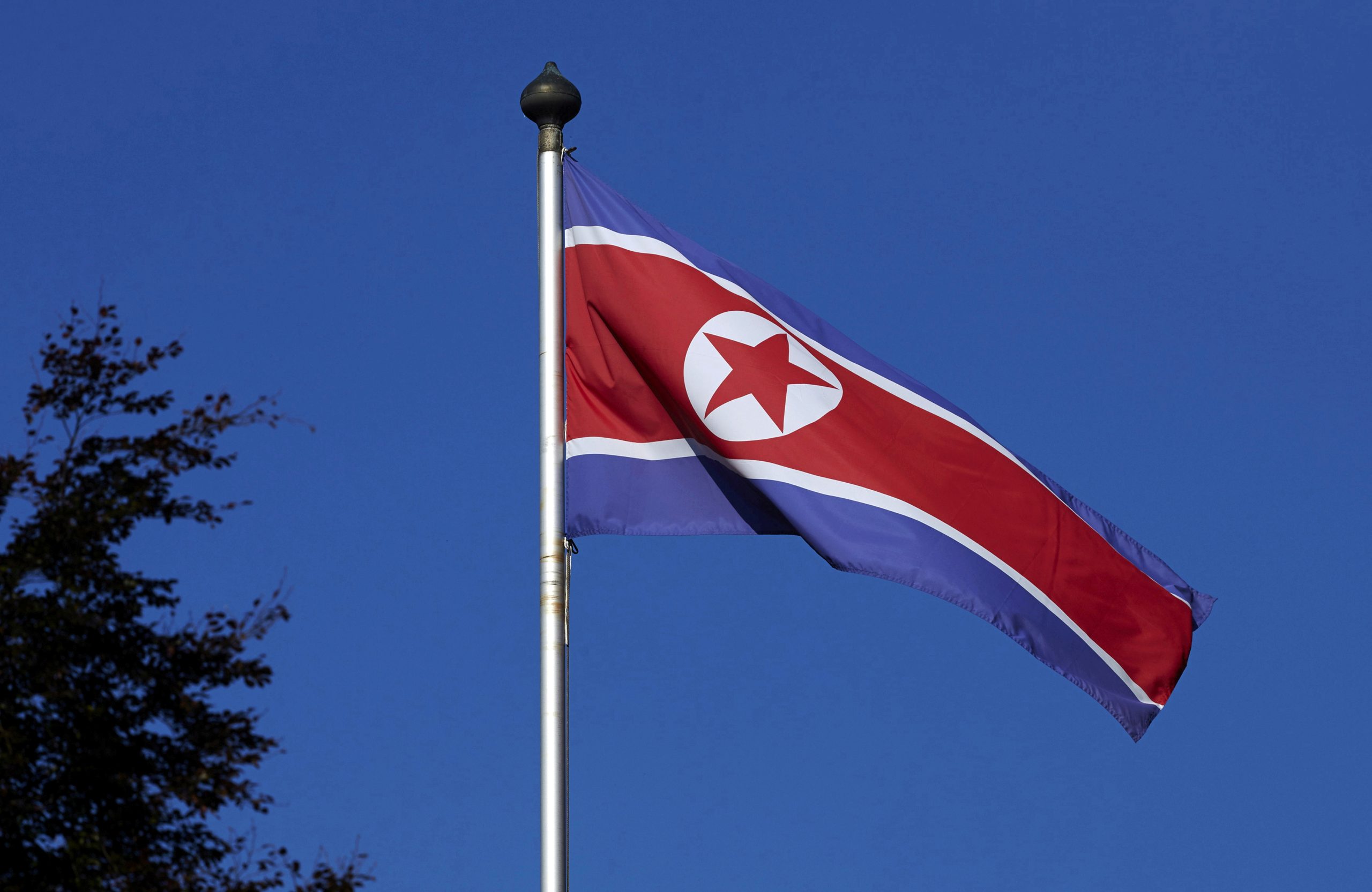
Willie R. Tubbs, FISM News
[elfsight_social_share_buttons id=”1″]
Five days after North Korea commemorated President Joe Biden’s visit to Asia by test firing three intercontinental ballistic missiles, the leaders of the free world’s economic powers issued a condemnation to Pyongyang.
The Group of 7, or G7 – made up of Canada, France, Germany, Italy, Japan, the United Kingdom, and the United States – was, predictably, upset with the totalitarian-run nation.
“Like a number of ballistic missile launches [North Korea] has conducted since the beginning of 2022, this act constitutes a further blatant violation of relevant UN Security Council resolutions and undermines international peace and security as well as the global non-proliferation regime,” a statement from the G7 nations reads.
However, as strongly worded as the G7’s statement might have been, the international collective has no direct influence over North Korea and is, absent a declaration of war, left only to ask.
“We, the G7 Foreign Ministers and the High Representative of the European Union, reiterate our urgent call on [North Korea] to abandon its weapons of mass destruction and ballistic missile programs in a complete, verifiable and irreversible manner and to fully comply with all legal obligations arising from the relevant Security Council resolutions,” the statement reads.
The G7 also lashed out at the United Nations, which has not formally condemned North Korea.
“We urge all UN Member States, especially Security Council members, to join us in condemning [North Korea’s] behavior and reaffirm its obligation to abandon its weapons of mass destruction and ballistic missile programs,” the statement reads. “These acts demand a united response by the international community, including a united stance and further significant measures by the UN Security Council.”
The United States and South Korea have already responded in kind to North Korea’s posturing.
As reported by Reuters, the two democratic nations partnered to conduct live-fire drills, test fire their own ballistic missiles, and have fighter jets create an “Elephant Walk” formation, the tight arrangement of military aircraft just before a mass takeoff.
“Our military’s show of force was intended to highlight our resolve to firmly respond to any North Korean provocations, including an [intercontinental ballistic missile] launch, and our overwhelming capability and readiness to conduct a surgical strike on the origin of the provocation,” South Korea’s Joint Chiefs of Staff said in a statement.
South Korean President Yoon Suk-yeol, a conservative sworn in only weeks ago, has promised to take a harsher line with North Korea than his liberal predecessor and former electoral opponent, Moon Jae-in.
